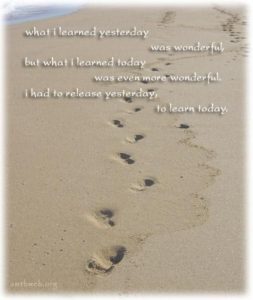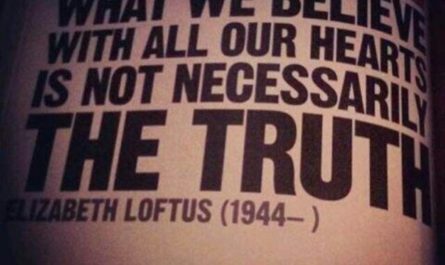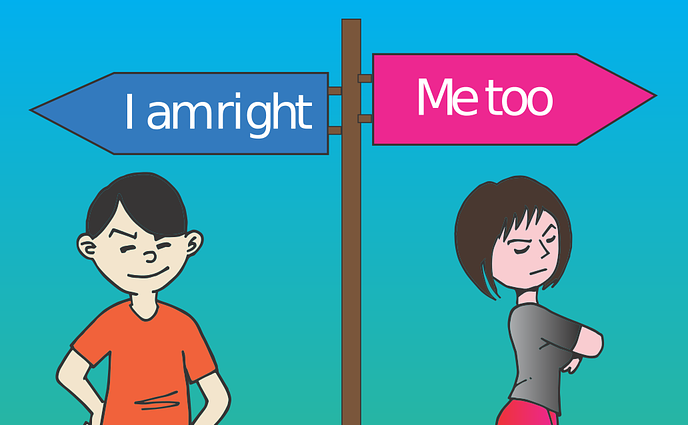 My world has been filled lately by people, pets, and possessions evacuating from my space.
My world has been filled lately by people, pets, and possessions evacuating from my space.
Poof! They’re gone. Friends, acquaintances, friend’s pets, a friendly o’possum that frequented my back yard in the evenings, one of my 10mm open-end wrenches, and my PowerPoint clicker. I wake up and my world is altered by the vacuum of something missing.
Things are and then they’re not. People are and then they’re not.
Some of these missing entities are precious to me, and so they’re grieved. Some are easily replaceable. (I have purchased innumerable 10mm wrenches!)
Over these past weeks, flooding hit my area of the country, and the TV monitor is filled with people whose homes are ruined, lives turned upside-down, and pets missing and presumed dead.
The feelings I experience when I lose such things are mixed—I suppose they’re based on the level of my addictive attachment to them or on their pure, real value in my life. My Knower/Judger (K/J) sets those values. I know that because they’re all in my “comfort zone.” When I no longer have them available, I feel “uncomfortable.”
A mentor once taught me that if I don’t like a feeling I can change it.
“You can’t change your feelings,” I retorted.
“Who taught you that?” the wise sage fired back. And he got me.
See, not being able to change one’s feelings was my K/J rule… taught to me by a mother who revels in her feelings… sometimes perfectly comfortable in her misery. (To this day, I’m glad my 94-year-old mom doesn’t read my blogs!)
Architecturally, what does “letting go” mean? For me it means altering the negative feeling (sadness, grief, anger, frustration, etc.) to something more useful, or at least neutral.
Paraphrasing Eckhart Tolle from his book New Earth, there are only three productive responses to any experience. I can:
- Accept it,
- Enjoy it passively, or
- Engage in it enthusiastically.
All other responses leave me wallowing in my programmed K/J feelings (with which, like my mom, I may be programmed to be very comfortable).
“Letting go” for me involves an effort to alter the habitual, predictable response to something else.
“You can’t get to second base with your foot still on first,” goes the saying. How can I move forward when my K/J feelings are stuck being miserable about my missing 10mm wrench… my cat… my friend… or my PowerPoint clicker.
Case in point. The PowerPoint clicker. I was to give an important presentation last week and the aforementioned electronic device was missing. Initially I started to frantically turn the house upside-down to locate it. Anger and frustration elevated. “Where the hell is it?” I mumbled. I KNOW it was in my back pack… where I ALWAYS keep it.
Some years ago I instituted a budget item in my life for “lost stuff.” And it has made the “letting go” for lost stuff much easier. It solves the clicker and the wrench issue quite nicely. I just quickly assume that said item has chosen to go missing and, for me to accomplish my mission, I’ll just have to acquire another. Frequently after I’ve done that, the errant device somehow “finds” me. But I actually have learned to engage that interaction enthusiastically.
“That’s fine for things, Kim,” you say. But what about people, pets, and the entities we’ve grown to love and want around us, as opposed to the things we need in order to get jobs done?
Not easily replaced. Perhaps not replaceable at all.
The feelings we attach to the lost loves in our lives are not totally dissimilar to the feelings attached to lost “stuff.” They are feelings—generated by our brains operating how our brain was trained to feel. And we can change them when it serves us.
Having lost or been in the process of losing some close friends and acquaintances in the past months—and experiencing the K/J feeling of grief and loss—I’m aware of how catatonic I can become when these feelings grow overwhelming. I can’t work. I can’t sleep. I’m a grump to others. “Why me?” thoughts start in.
Until I recognize (from my Learner/Researcher mode of operation) that these feelings and the behaviors they cause are not serving me very well, I have no reason to change them. Unless I extrapolate where I’m headed with this uncontrollable grief or anger, I have little motivation to alter my feelings. I can feel “comfortable” wallowing in my (insert random emotion here).
“Letting go,” for me, is deciding that my current emotional K/J state (caused by some loss or experience) no longer benefits me. What I let go of is that “comfort zone” of grief or misery or anger, and I choose to change that feeling. It can be a “fake it ’til I make it” situation sometimes, as it’s sometimes difficult to abandon my addiction to feeling sorry for myself. Yet I know no other way out.
And you?




